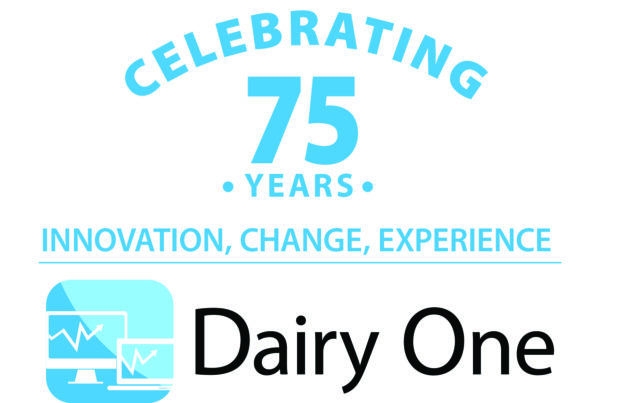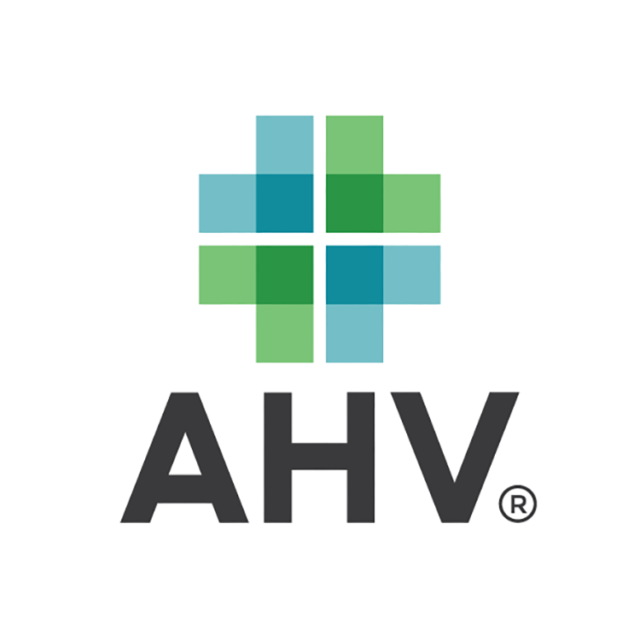There’s nothing worse for Bruce Whitmire than finding out that one or more of his animals is infected with a disease that will hamper milk production. Mastitis is one of the most common diseases that afflict dairy cows and one of the biggest costs to dairy producers.
Thanks to new technology, however, Whitmire, herd manager of Si-Ellen Farms in Jerome, Idaho, can detect subclinical mastitis before it becomes clinical.
The technology – QScout MLD (milk leukocyte differential) and Farm Lab from Advanced Animal Diagnostics (AAD) – currently is being used by several dairies across the country in a soft-launch period or trial phase.
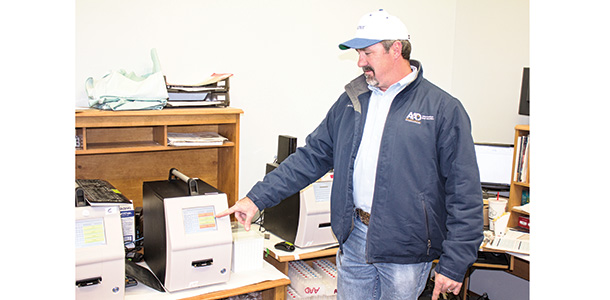
Si-Ellen, which operates several dairies in south-central Idaho, is one of the farms trying the technology on cows seven to 14 days fresh. So far, Whitmire is pleased with the results.
“I am so excited about this,” he said during a visit Progressive Dairyman made to the farm on Nov. 5. “This will be a money-maker for us because it will allow us to treat infected cows before things get worse.”
“It’s more like a money-saver,” added Derek Moore, Northwest sales manager for AAD. “That’s what it’s about – efficiency.”
The company calls mastitis the dairy industry’s 800-pound gorilla, costing the industry around $2 billion annually. Its effects are reductions in milk production, additional veterinarian care and medicines, and reduced longevity due to premature culling.
Subclinical testing, Moore said, helps reduce these expenses. A dividend of the new technology is that by exposing subclinical mastitis early in lactation and following appropriate protocols, producers may boost profitability by as much as $50 per cow.
The company has been working on the product – which retails for $14,950 and includes setup, training and technical support – for the better part of three years, ever since AAD received funding from the Novartis Venture Fund. The value of milk leukocyte differentials, however, has been documented for more than 10 years.
“It’s a totally new invention that has its roots in human medicine,” company president and CEO Joy Parr Drach said.
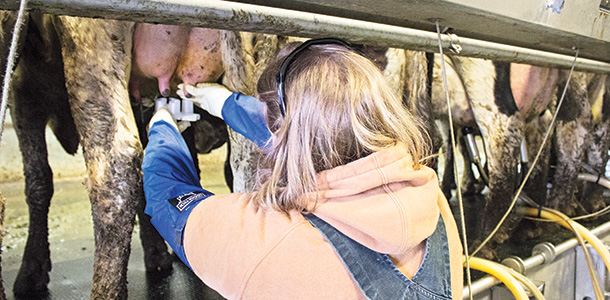 “The concept of a leukocyte (white blood cell) differential isn’t new – a flow cytometer is a very expensive piece of equipment that takes a scientist to run but gives a differential. We are the first technology that makes it practical to get this powerful information on-farm.”
“The concept of a leukocyte (white blood cell) differential isn’t new – a flow cytometer is a very expensive piece of equipment that takes a scientist to run but gives a differential. We are the first technology that makes it practical to get this powerful information on-farm.”
Like much of today’s digital technology, a lot is packaged into a small space. The lab is a portable box, much like a home computer tower, while the testing “slides” it reads are similar to small computer cards.
The lab can be placed in places most convenient to those doing the testing. At Si-Ellen, Whitmire placed the four portable labs the facility is using in a spare room near the milking parlor.
Two AAD lab assistants who do the testing and training at Si-Ellen will stay on-site for six months during the trial, and Moore visits the farm at least once a month. During his visits, he helps the assistants pull samples from several dairy cows – just a squirt of milk from each quarter into small containers.
“We supply a reusable Q4 collection cup that makes it simple to get quarter-level milk samples,” Drach said.“No aseptic collection is needed.When the lid with our slide is inserted, a simple flip fills the slide with quarter samples.
“The user inserts the slide in the machine, enters the cow ID and gets results in an average of three minutes.Reports can be downloaded from the machine or a website. … It only takes a drop of milk from each quarter to fill the slide.”
The producer collects the milk sample before milking but after forestripping.
“Three minutes – that’s a huge bonus,” Whitmire said, noting that before the technology it would take several days to get results.
The in-house lab does away with the often time-consuming process of sending samples to a lab and then waiting a few days to a week. Because of the quick turnover, many more cows can be tested in a given day.
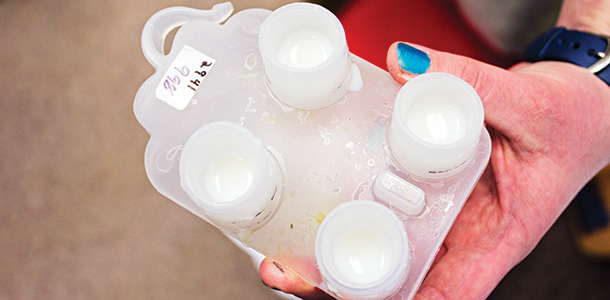
Whitmire oversees around 7,200 milking cows at Si-Ellen. Now because of this new product, when a cow is tested positive with subclinical mastitis, it is moved to the dairy’s hospital where it is treated with antibiotics. Tests are later performed on the recovering cow to make sure the potential infection has cleared up.
So far, Whitmire said there haven’t been any challenges implementing the lab at the farm. He expects there will be later on, though, after the trial period has ended when he tries to find the right people to manage the labs.
“Anything new is always a challenge, getting the right people in place to pull our samples and to run them,” he said. “We’re just in the trial stages now, so [the lab assistants from AAD] will be sticking around for a while. Once the trials are done, we’ll look at the data and go from there.”
Unlike composite milk samples, the MLD looks at each quarter individually for elevated neutrophil levels that signal infection. A composite SCC of 123,000 would indicate a healthy udder, for instance, but the MLD discovers high neutrophil in a quarter (the equivalent of 450,000 SCC), pointing to the hidden infection.
Moore calls the new technology a boon to the dairy industry, but is even more excited about the future. Eventually mastitis won’t be the only disease the portable labs will be able to detect, he said. PD
PHOTOS
TOP: Derek Moore, Northwest sales manager for Advanced Animal Diagnostics, shows the QScout Farm Lab, which the company developed to detect subclinical mastitis in dairy cows. Si-Ellen Farms in Jerome, Idaho, is one of several dairies across the country trying the new technology.
MIDDLE: Assistant Martha Payne takes milk samples from dairy cows for subclinical mastitis testing at Si-Ellen Farms.
BOTTOM: The reusable Q4 collection cup captures milk, which then is tested for subclinical mastitis in small “slides” or cards in the QScout MLD and Farm Lab. The portable lab gives results within three minutes. Photos by Andrew Weeks.

Andrew Weeks
Editor
Progressive Dairyman



